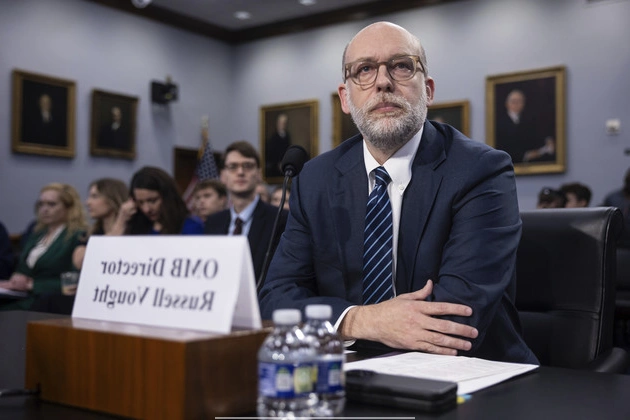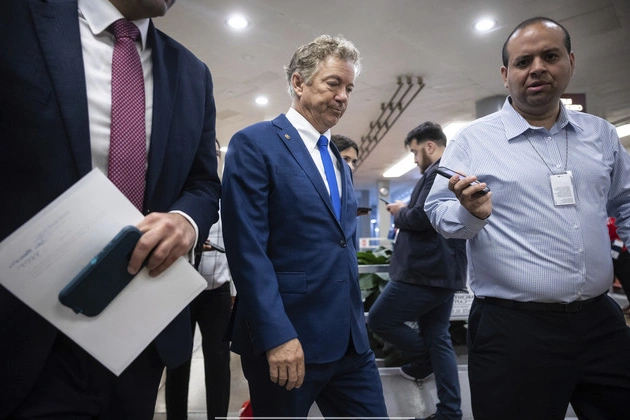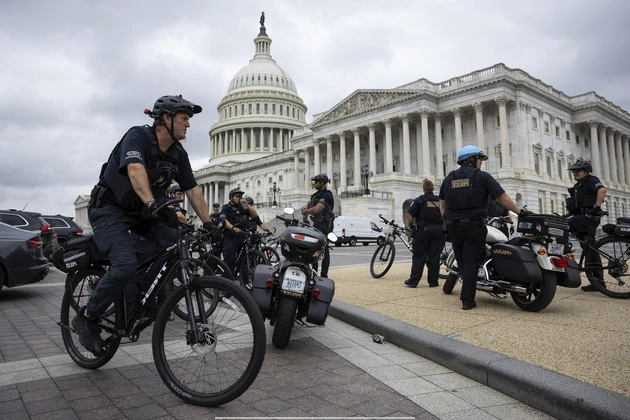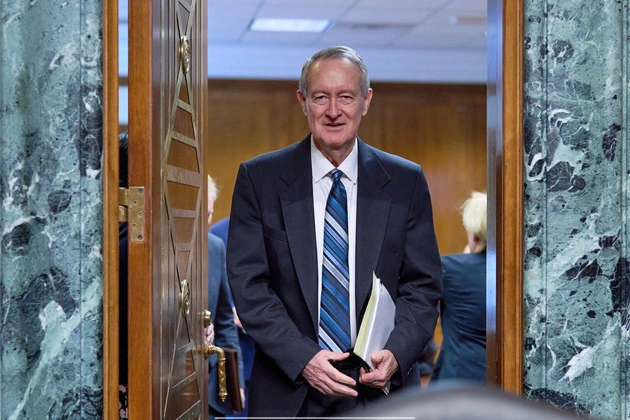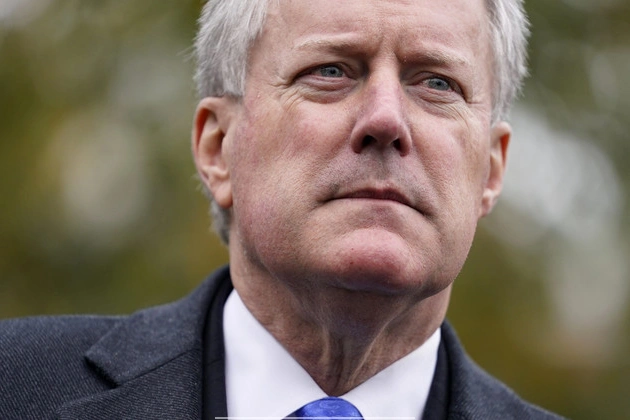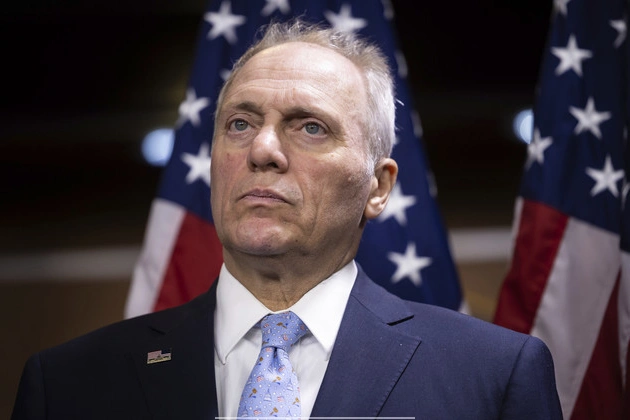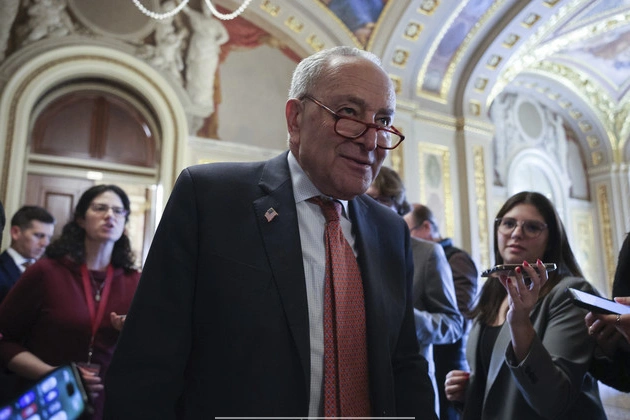
The Democratic base desires a battle, yet Chuck Schumer hesitates to engage. The Senate minority leader recently backed away from a shutdown confrontation that many liberal voters and activists sought, citing concerns about empowering President Donald Trump and Elon Musk in their anti-bureaucracy crusade.
This move reverberated across the left, leaving many deeply dissatisfied with a top party figure who had previously aimed to gain their support. Ezra Levin, co-executive director of the liberal grassroots group Indivisible, wasted no time labeling it the “Schumer surrender.”
The Backlash
Levin’s remark reflects a broader sentiment among House members and longtime party supporters who viewed Schumer’s decision as a significant setback. The retreat from a potential showdown disappointed many, with Rep. Jim McGovern expressing frustration over the implications for Elon Musk’s agenda.
Internal Discontent
Outside Washington, party activists and donors voiced their displeasure, with one state party chair bluntly stating, “He sucks,” while condemning what they saw as a political misstep.
Anticipating criticism, Schumer defended his stance on the Senate floor, emphasizing the potential pitfalls of a shutdown and the risks posed to essential services and personnel.
The Political Calculus
While some Democrats sympathized with Schumer’s predicament given the GOP-written funding measure’s contentious provisions, others questioned the party’s strategic direction and coherence.
Schumer’s decision drew mixed reactions from Democratic insiders, with divergent views on the long-term implications and the effectiveness of the party’s opposition strategy.
Repercussions and Reflections
The fallout from the ‘Schumer surrender’ underscored lingering tensions within the Democratic Party and raised questions about its ability to confront a resolute Trump in his second term.
Despite efforts to mend ties with the party’s progressive wing in recent years, Schumer faced sharp criticism from former allies and advisers, signaling a potential rift in the party’s leadership.
The episode serves as a stark reminder of the challenges facing Democrats as they navigate a complex political landscape and strive to present a united front against Republican initiatives.
As Schumer stands by his decision, the Democratic Party grapples with internal dissent and external pressures, setting the stage for a contentious political climate in the months ahead.
Mia McCarthy and Nicholas Wu contributed to this report.






